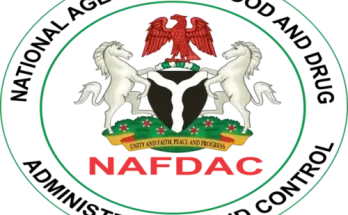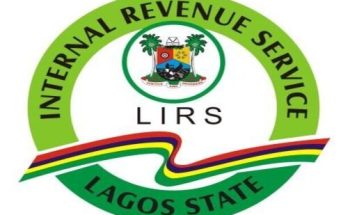By Kareem Opeyemi
My grandfather had a dog in his compound. His name was Bingo. It is cliché but every dog in the 1990s to early 2000s was named Bingo. He was cheery but he died not too long after from anaemia caused by flea bites. The relationship between a dog and flea is parasitic. The flea as the parasite lives on the body of the dog, sucking its blood, gaining nutrients but causing health problems for the dog. Such can be said about Nigeria and her parasite, corruption.
“Corruption is the sole problem of this nation,” Olukemi Adediran said when asked about her view on corruption. “Corruption stems from greed. Government officials collect salaries but still long for what belongs to the masses.”
The saying that corruption has eaten deep into the fabric of the Nigerian society, although timeworn, is as relevant as ever. Corruption is the single greatest obstacle preventing Nigeria from achieving its enormous potential. In 2012, the country was estimated to have lost over $400 billion to corruption since 1960. In 2020, Nigeria ranked 149th among the 180 countries listed in the Transparency International’s Corruption Index.

Corruption runs through every level of the Nigerian government and its parastatals – police, customs, immigration, and other civil service institutions. The major perpetrators are the officers elected by Nigerians to represent them in the seat of power. From massive contract frauds through petty bribery, money laundering schemes, embezzlement and seizing salaries from fake workers, corruption is the Nigerian government’s greatest forte.
The parasitic relationship between the dog and the flea gives the flea an advantage over the dog. Corrupt officials also enjoy unearned benefits to the detriment of the country and its people. They buy expensive cars and live in mansions, go on exotic vacations with their families, all while the average Nigerian struggles for his daily bread and butter. Corruption undermines democracy and good governance by flouting or subverting formal processes. It compromises the rule of law and results in inefficient provision of services. In Nigeria, it has eroded the institutional capacity of government and the trust people should have in the government. Corruption destroys trust, weakens democracy, hampers economic development and further exacerbates inequality, poverty, social division and environmental crisis.
Iyanuoluwa Ogunyemi, a student of the University of Lagos believes corruption has impacted her as a student, especially with the never-ending tussle between ASUU and the government. She understands the reason for the fight-to-get paid but believes everyone in power must acknowledge that their actions or inactions have consequences on others.

This isn’t the first and will certainly not be the last call to fix the decay in the country. However, it is not a hopeless situation. There is no silver bullet for fighting corruption; neither is it a day’s job. Kiishi Adetola, another student of the University of Lagos believes that for corruption to be reduced, every politician in power needs to be voted out. “Severe sanctions must be put in place and the rule of law should remain supreme. This will break the cycle of impunity.” Not only charity but also corruption begins at home. This means individuals need to constantly check and rid themselves of such moral flaws to the extent they are confident in not abusing power when they get it.
Nigeria has become comfortable with hosting corruption; it’s adapting to the parasitic relationship, and corruption is evolving into a way of life. The country is weakening and the hope of everyone is that Nigeria is able to shake off the fleas of corruption before it falls.









Beautifully written 👏❤
This was a really good read
Dayum
Good write up
Well said👏👏.
Very valid